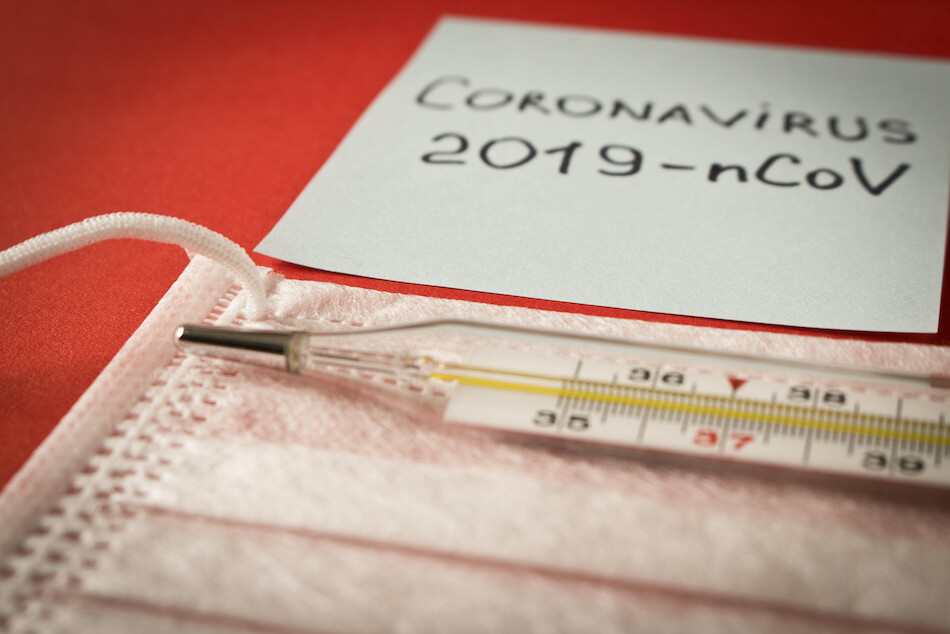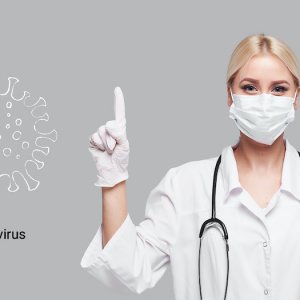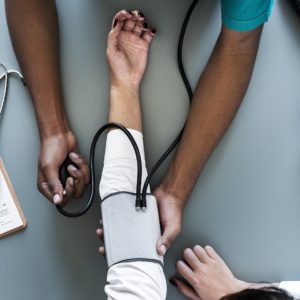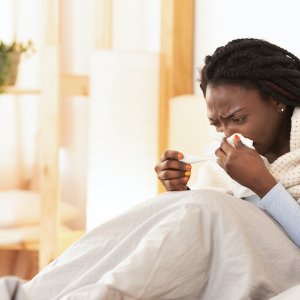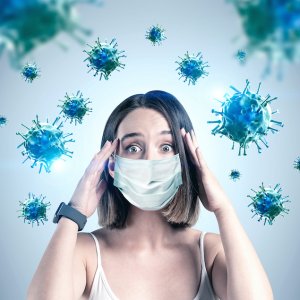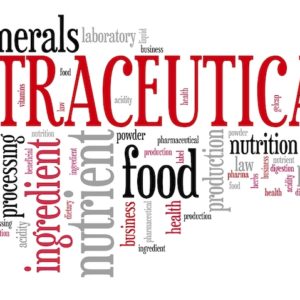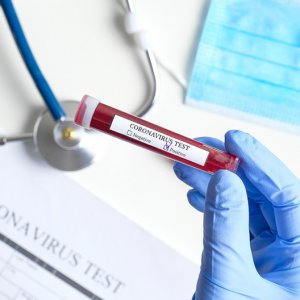Coronavirus first made the news at the end of 2019 and became widespread news in January 2020. The sensationalism surrounding this worldwide epidemic makes it seem much worse than it is. Let’s take a look at the facts about Coronavirus and learn some common sense ways of protecting yourself and your family.
What is Coronavirus?
SARS-CoV-2 is a respiratory disease that originated in Wuhan, China. The nickname Coronavirus is more ambiguous, as this term refers to a large family of viruses that affect people and many different species of animals, including camels, cattle, cats, and bats.

Included in this family are the famed SARS (of the 2002 epidemic) and MERS (from 2012) viruses. This may actually be part of the problem. These two diseases, while not quite as contagious as the 2019 Coronavirus, were much more deadly. Naturally, many people hear coronavirus and they think of these two deadly outbreaks that killed 774 and 858 people, respectively.
For every 50 people infected:
- SARS killed 5 (10% death rate)
- MERS killed 17 (34% death rate)
- Coronavirus killed 1 (2% death rate) (update, since the time of writing, death rate is now estimated at 3.4%)
Now, let’s not ignore the fact that the new coronavirus’ rate of spread is much faster than SARS or MERS. But we still have to be realistic and understand that the majority of people who do contract the virus will experience a mild cold and live to tell. Most people who die are elderly and have concomitant disease states like diabetes.
If you have a chronic disease, you are more susceptible to coronavirus. Like any other illness, people with reduced or compromised immunity should take necessary precautions to prevent illness. The statistics show that the virus affects mostly middle-aged people (between ages 39-55). Parents, take heart, the risk for this particular virus is very low in children.
How to Protect Yourself from Coronavirus
The media has done a great job of inciting fear and the news reports are scary, but we can take a few easy steps that prevent viral infections of all kinds.
Everyone Remain Calm
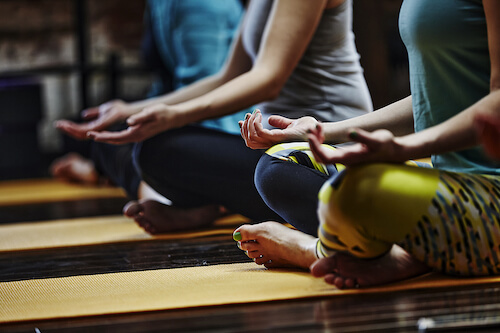
First and foremost, don’t panic. Remember that though the virus is making waves on the news, it is really not very deadly. In fact, most people recover without any intervention at all. Stress completely hijacks the immune system and makes us less able to fight infection. Try some simple meditation and deep breathing exercises to help reduce stress.
Your Mom Was Right
Here’s the broken record: Wash your hands regularly with soap and water. And you may be surprised to learn that there’s no need to use antibacterial soap. Diverse bacteria on the skin actually support the function of the immune system. Plus, antibacterial soaps fight off bacteria, not viruses. So in the case of this specific outbreak, those chemical soaps have no added benefit.
Get the Juices Flowing
Regular exercise can help ward off illness. Cardiovascular exercise expands the lungs, and may help to flush bacteria and viruses from the system. Deep breathing associated with exercise also helps create an energetic barrier between you and the outside world.

Drink Up, Buttercup
Stay hydrated. Water ensures proper function of the immune system, while caffeine, alcohol, and exercise rapidly deplete it. Cut back on alcohol and coffee consumption when you feel run-down or when dealing with infection. Exercise is great for your body, but when you feel unwell, allow your body time to rest and conserve energy.
Gird Your Loins
Certain supplements can protect against coronavirus as they boost immunity and fight infections. You may want to beef up your intake of vitamin C, B-vitamins, multiple vitamins, and glutathione. Also, probiotics help prevent the ability of bacteria and viruses to enter the body.
Go to Bed, Sleepy Head
During sleep, the body produces cytokines that help to propel the immune system into action. Sleep is so important to recovery and fighting all kinds of infections.
You are What You Eat
A plant-based diet adds even more nutrients and vitamins to your diet. Plus, eliminating inflammation-causing meats and processed foods keeps the body healthier. Try to include as many antiviral foods as possible. Choose fruits and vegetables packed with antioxidants, like mushrooms, garlic, ginger, kimchi, berries, and elderberry. To learn more, read about the Health Benefits of a Plant-Based Diet.
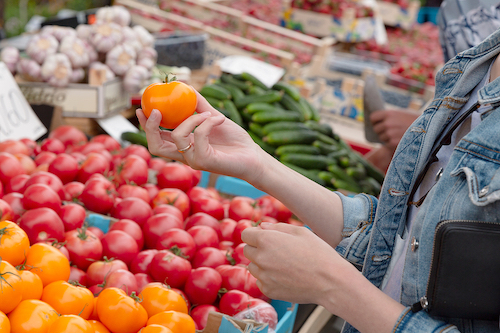
Take a Raincheck
Avoiding contact with anyone who is infected is just a no-brainer. It is the simplest way to avoid infection. If someone you know feels under the weather, tactfully take a raincheck and give them time to recover before getting together.
It’s Worth Repeating
Going back from whence we came: Don’t panic. There is a reason that news is news. Go forth with confidence and trust that health and wellness is already within you.
And Another Thing
In your efforts to protect yourself from Coronavirus, don’t buy a mask. Studies show that they don’t work to reduce infection. Furthermore, crazed buying may increase shortages of masks and put healthcare workers who actually need masks at risk.
To learn more about staying healthy and avoiding illness, check out 10 Ways to Avoid the Flu this Season.
